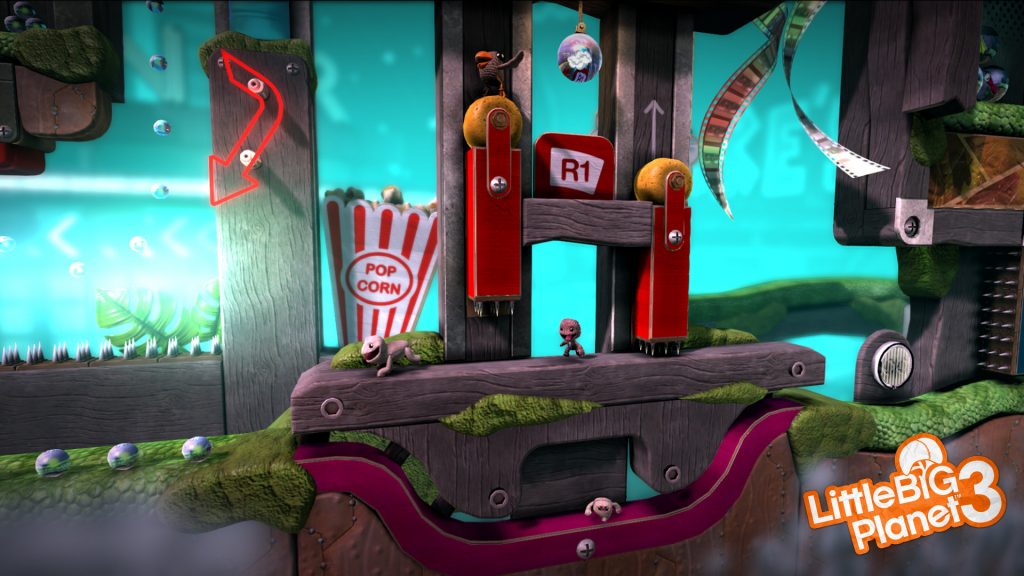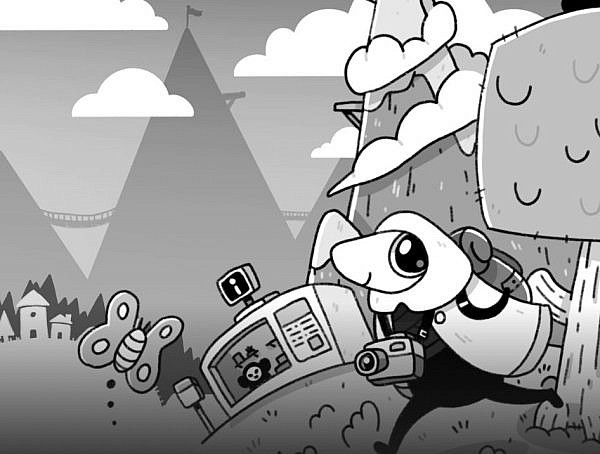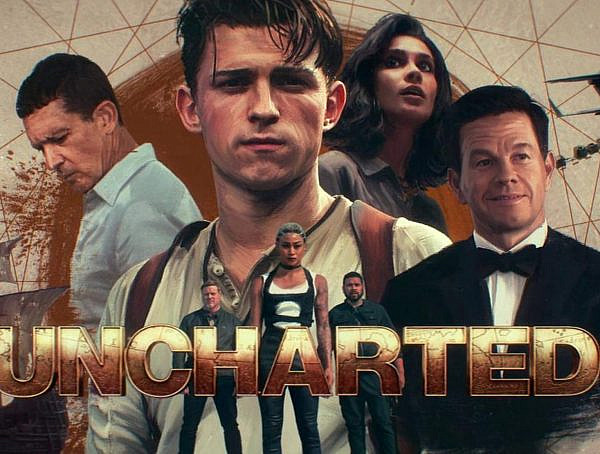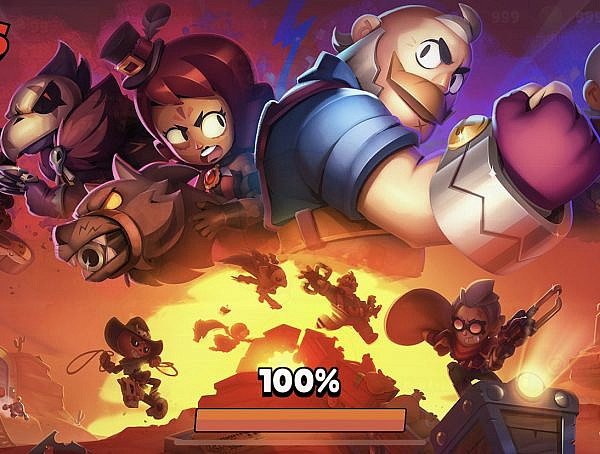The subject of Francesca Comunello and Simone Mulargia’s article “User-Generated Video Gaming: Little Big Planet and Participatory Cultures in Italy” is the gaming community surrounding Little Big Planet (or LBP for short), a PlayStation-exclusive puzzle platformer series. In the article, Comunello and Mulargia endeavor to clarify whether users’ cultural consumptions, familiarity with digital technology, and social‑oriented attitude towards digital technology correlate with active engagement in LBP.
The authors’ aim was to gain deeper understanding of users’ participation in the (co-)creative side of gaming, or as defined by Jenkins et al., the “participatory culture” of gaming. In participatory cultures, content is created, shared, and cultivated by all members who feel that their contributions have meaning in the community. In contrast with traditional modding practices where the player must possess a high level of technical skill and usually works alone or in a closely‑knit team, LBP creators are not required to understand the inner workings of the game, and “factions” do not exist within it. The authors also connect this idea to the concept of gaming as a “convergence culture” – a culture where various forms of media intersect and users, for example, share their levels on social networks or upload their footage on YouTube.
The data analyzed in the research was collected as part of a larger project conducted by the Sapienza University of Rome in partnership with Sony Computer Entertainment. All Italian users of the PlayStation Network were sent a 39-question survey focused on media and culture consumption, PC and internet usage, gaming activities, and a number of PSN-related activities. A total of 8,829 completed surveys were found suitable for research into user-generated content in LBP. In addition to quantitative methods, four focus groups, both online and offline, were realized. The focus groups included 22 users who had answered the survey, and were not exclusively related to the topic of LBP.
21.2% of the respondents have created and shared at least one level in the game, and 7.8% of PSN users were categorized as active LBP content creators. This percentage is higher than what is generally reported in recent literature describing user‑generated content. The analysis showed that lower player age increases the likelihood of a player creating their own content. In addition, players who scored “medium-high” or “high or maximum” in the socially oriented attitude to technology index were significantly more likely to create LBP levels, as were players who ranked high on the technology familiarity scale. The authors point out that lower technological skill requirements correlate with higher social networking requirements – in an environment when anyone regardless of knowledge is free to create equally elaborate content, advertising becomes a crucial tool for achieving success in the community. Users also consciously recognized the role of LBP in the social sphere such as in finding friends and co-creating with others, undermining claims that gaming activities are asocial. LBP users also show a higher degree of user-generated activism.
One limitation of the study was that its respondents were not necessarily representative of the Italian PSN market due to the participants being selected by themselves. The user sample also overrepresented adults and males, the former due to age restrictions on PSN. Furthermore, since the findings were originally part of a larger project examining the relationship between gaming and social networks, only a handful of survey questions were directly related to the subject of LBP.
In the future, a higher-scale research should create a statistically representative sample of Italian video game users that could be compared with players of other nationalities. More case studies such as this one with different titles are necessary in order to understand the evolution of cross‑platform user‑generated content. Research is also suggested to examine whether skills acquired through LBP gameplay transfer to other contexts. Gaming is generally seen as a solitary leisure activity, but sometimes, as one of the focus group respondents commented, “more than playing with it, the main goal is creating the game.”
Original Article: “User-Generated Video Gaming: Little Big Planet and Participatory Cultures in Italy”
Authors: Francesca Comunello and Simone Mulargia
Published in: Games and Culture, vol. 10 (1), 2015
Original article accessible from: http://journals.sagepub.com/doi/full/10.1177/1555412014557028
Featured image source: LittleBigPlanet 2 Wikia
You might also like
More from Game Research Highlights
How do you want to do this? – A look into the therapeutic uses of role-playing games
Can playing RPGs contribute positively to your wellbeing? A recent study aims to find out how RPGs are being used …
Eldritch horrors and tentacles – Defining what “Lovecraftian” is in games
H.P. Lovecrafts legacy lives today in the shared world of Cthulhu Mythos and its iconic monsters. Prema Arasu defines the …
Are Souls Games the Contemporary Myths?
Dom Ford’s Approaching FromSoftware’s Souls Games as Myth reveals the Souls series as a modern mythology where gods fall, desires …
















